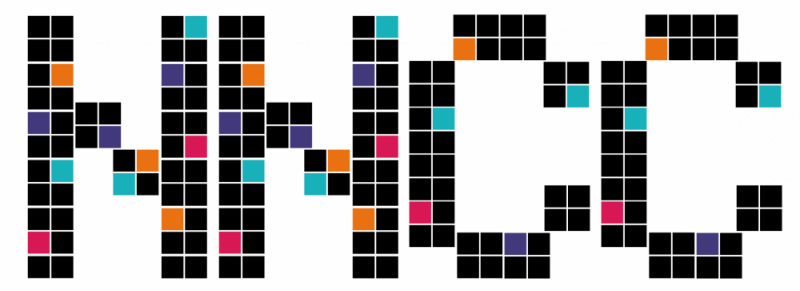Lesia Oesterreich, M.S.
Family Life Extension Specialist
Human Development and Family Studies
Iowa State University
Copyright/Access Information
Five-year-olds are cheerful, energetic, and enthusiastic. They enjoy planning, and spend a great deal of time discussing who will do what. They especially enjoy dramatic play, usually with other children. Five-year-olds are more sensitive to the needs and feelings of others around them. It is less difficult for them to wait for a turn or to share toys and material. “Best friends” become very important.
Many 5-year-olds will be going to kindergarten. Be sensitive to the needs of a 5-year-old returning from school. She may want to rest, play by herself, be free for a while from adult-directed activity, or catch up with the group happenings. Pace afternoon kindergarten children during the day with a balance of rest and activity. All-day kindergarten children need to be given every consideration when they return to your home as they may be tired, talkative, hungry, or wanting to share the day's happenings.
SOCIAL AND EMOTIONAL DEVELOPMENT
- invents games with simple rules
- organizes other children and toys for pretend play
- still confuses fantasy with reality sometimes
- often fears loud noises, the dark, animals, and some people
- can take turns and share, but doesn't always want to
- expresses anger and jealousy physically
- likes to test muscular strength and motor skills, but is not emotionally ready for competition
- carries on conversations with other children and adults
- often excludes other children in play – best friends only
- uses swear words or “bathroom words” to get attention
- sometimes can be very bossy
- likes to try new things and take risks
- likes to make own decisions
- notices when another child is angry or sad – more sensitive to feelings of others
- prefers company of 1 or 2 children at a time; may become bossy or sulky when others join in
- likes to feel grown up; boasts about self to younger, less capable children
- begins to have a very basic understanding of right and wrong
- plays contentedly and independently without constant supervision
- takes turns and shares (sometimes)
- understands and respects rules – often asks permission
- understands and enjoys both giving and receiving
- enjoys collecting things
- sometimes needs to get away and be alone
- can understand relationships among people and similarities and differences in other families
- seeks adult approval
- sometimes critical of other children and embarrassed by own mistakes
- less fearful of the world than toddlers because understands the world better
- has a good sense of humor, and enjoys sharing jokes and laughter with adults
|
PHYSICAL DEVELOPMENT
- weight: 31-57 pounds
- height: 39-48 inches
- requires approximately 1,700 calories daily
- sleeps 10-11 hours at night
- may begin to loose baby teeth
- able to dress self with little assistance
- learns to skip
- throws ball overhead
- catches bounced balls
- rides a tricycle skillfully; may show interest in riding a bicycle with training wheels
- balances on either foot for 5-10 seconds
- uses a fork and knife well
- cuts on a line with scissors
- left or right hand dominance is established
- walks down stairs, alternating feet without using a handrail
- jumps over low objects
- can run, gallop, and tumble
- can skip and run on tiptoe
- can jump rope
- interested in performing tricks like standing on head, performing dance steps
- capable of learning complex body coordination skills like swimming, ice or roller skating, and riding bicycles
- may be able to tie shoelaces
- may be able to copy simple designs and shapes
|
INTELLECTUAL DEVELOPMENT
- understands about 13,000 words
- uses 5-8 words in a sentence
- likes to argue and reason; use words like “because”
- knows basic colors like red, yellow, blue, green, orange
- able to memorize address and phone number
- understands that stories have a beginning, middle, and end
- able to remember stories and repeat them
- enjoys creating and telling stories
- understands that books are read from left to right, top to bottom
- enjoys riddles and jokes
- draws pictures that represent animals, people, and objects
- enjoys tracing or copying letters
- can place objects in order from shortest to tallest
- can understand and use comparative terms like big, bigger, or biggest
- sorts objects by size
- identifies some letters of the alphabet and a few numbers (if taught)
- understands “more,” “less,” and “same”
- counts up to 10 objects
- recognizes categories (“These are all animals; these are all toys.”)
- understands before and after, above, and below
- block and dramatic play is much more elaborate and complex
- has good attention span and can concentrate well
- is project minded – plans buildings, play scenarios, and drawings
- interested in cause and effect
- can understand time concepts like yesterday, today, and tomorrow
|

